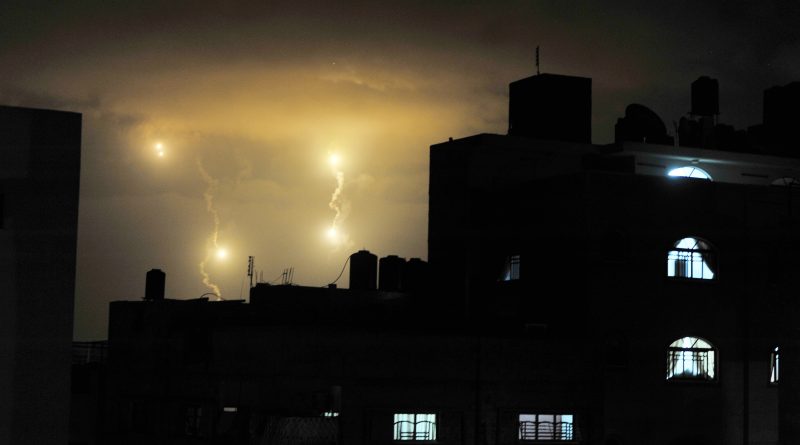Violence on the Rise in Israel and Palestine After Right Wing Gov’t Elected in Tel Aviv
Catherine Anderson
Staff Writer
Karam Ali Salman, an 18-year-old Palestinian man, was killed on January 28 during an attack by Israeli settlers in a West Bank settlement. The Washington Post reports that this was just one of at least 144 reported attacks in the West Bank that day alone. It followed the January 27 shooting in occupied East Jerusalem, in which a Palestinian shooter killed 7 people outside of a synagogue. The shooting, the deadliest attack on Israelis since a 2008 shooting that killed 8 people, came just one day after an Israeli military raid killed 9 Palestinians in the West Bank on January 26, reports the Associated Press.
This violence follows the deadliest year for Palestinians in the West Bank recorded since 2004. The Associated Press reports that in 2022, nearly 150 Palestinians were killed in the occupied West Bank and East Jerusalem, and 30 people were killed in Palestinian attacks against Israelis. In January alone The New York Times reports that more than 30 Palestinians have been killed in the West Bank, making it one of the territory’s deadliest months in recent history.
The recent uptick in violence coincided with United States Secretary of State Antony Blinken’s visit with the president of the Palestinian Authority, Mahmoud Abbas, which took place on January 31, writes The New York Times. The New York Times continues that following the meeting, Blinken called for an end to the violence in the region, as well as announcing an additional $50 million in U.S. funding for the United Nations Relief and Works Agency, the oldest UN Agency that specifically aids Palestinians. While The New York Times reports that the U.S. remains hopeful for a peace agreement that would establish a Palestinian state, there are many obstacles to achieving peace in the region. Perhaps the most serious threat to stability in the region is Israel’s newly sworn-in far-right government, experts say.
The New Yorker reports that part of the danger with Prime Minister Benjamin Netanyahu’s new government is that it will not prioritize its relationships with Western countries. Prior governments were motivated to avoid escalation in order to remain in the international community’s good graces, but this administration has been particularly open about its policies towards Palestinians, which have been described as discriminatory. As such, the New Yorker furthers that the Israeli government is not likely to change its policies or actions to accommodate or appeal to Western human rights organizations.
In fact, despite having only been in power for just over a month, Netanyahu’s administration has already significantly increased tensions with Palestine. On January 3, Israeli National Security Minister Itamar Ben-Gvir led a visit to the al-Aqsa Mosque compound, which is Islam’s third holiest site, reports Al Jazeera. The action was seen as a direct provocation in part because it represents a disruption of the status quo. Ben-Gvir has previously called for increased Jewish access to the site, which Palestinians believe to be a sign that Israel plans to take complete control over the site, and by extension annex the occupied territories. The visit, which has been condemned by nations such as Jordan, the United Arab Emirates, and Egypt as a “storming” of the holy site, was seen by Palestinians as a threat to the status quo, which currently only allows Muslim worship at the site, explains Al Jazeera. While Israeli far-right extremists have called for this to change in the past, Al Jazeera notes that most leading rabbis and other prominent Orthodox Jews oppose this idea.
As Netanyahu’s government has already shown a willingness to provoke tensions in the region, it is evident that the administration poses a remarkable shift from the previous status quo of a two-state solution. Reuters reports that the situation is made only more worrisome to Palestinians because, while Israel has normalized relations with other Arab states, Palestine has grown more isolated. The New Yorker also points out that while Israel’s government could be compared to other far-right movements that have gained traction in recent years, the stakes are higher in Israel because of its superior military capabilities compared to the rest of the region and the implications for further conflict. Reuters states that progress toward a peace agreement has stalled and the situation has steadily worsened. If violence continues to escalate, the consequences could be dire for Palestinians.

